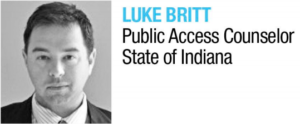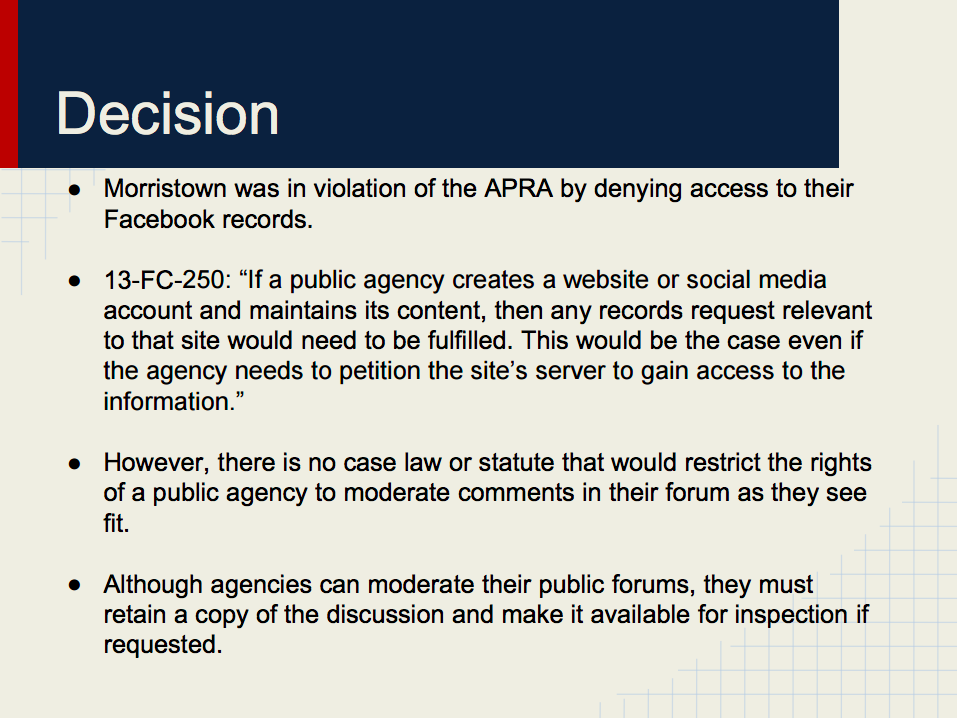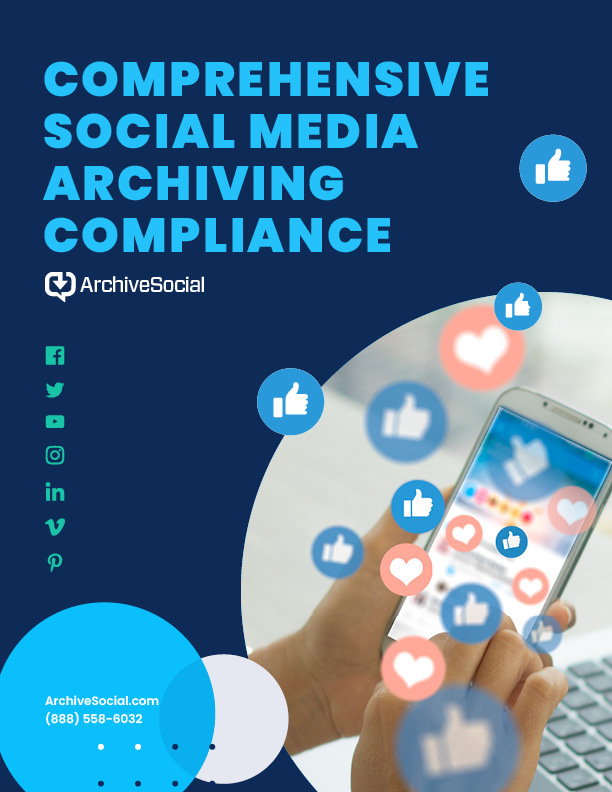During a recent webinar hosted by Government Technology, Luke Britt, Public Access Counselor for the State of Indiana, addressed the role of digital communication in government and the public records challenges it can create.
In defining the value of social media to government agencies, Indiana social media’s status as public record, and government responsibility regarding creation and retention of those communications, Britt observed,
“Social media is changing the way we communicate, the way we solve problems, and changing the way we market ourselves as public officials and market the services we provide to citizens…it is a wonderful outlet to communicate with folks who may otherwise be an unreachable audience.” However, he goes on to advise, “With this comes a whole new set of responsibilities for public officials to be good stewards of the information they curate…if [the information] is created by a public agency or an official in their capacity as a public official.”
As more government agencies embrace social media as a means of communication with the public, questions arise around the issue of what exactly constitutes a public record. The question of if and how Indiana social media records should be retained must be seriously considered. Britt’s opinion on the matter was crystal clear:
“Digital technology and social media records, things that aren’t pen and paper…things that are on the internet, created or maintained by a public agency, but may not be in traditional form, are still going to be considered a public record.” He goes on to say, “Regardless of form and characteristics; if it is created, received, retained, maintained, or filed with a public agency, it’s going to be considered a public record.”
Much of the webinar was framed in the context of Indiana law, or rather, the absence of law regarding social media as public record. “In Indiana, there is no specific law that addresses social media,” explains Britt. In 2013, officials in Morristown, IN deleted a citizen’s comments off their Facebook page and deleted her as a ‘friend’. The officials later denied access to Facebook records and data when the citizen requested them. The absence of public records laws in Indiana that specifically mention digital communications created gaps in the law that Britt had to creatively fill.
In working to close those gaps and loopholes, and include Indiana social media in the overall realm of public record, he provided guidance that could be applicable to any government agencies that are currently using social media or plan to expand their use in the future.
“My opinion said that because all these comments were public record…they were subject to a retention schedule…deleting them from public view doesn’t mean that they could be deleted altogether… and if there was a way to retrieve those comments or information they should do so, and they should produce those as if it was any other any other public records request.”
What can other government agencies take away from this incident? When removing content (perhaps due to being offensive or off-topic) from a social media account, “Make sure you have a policy in place that describes what you’re going to do and then follow it,” Britt advises. He also warns that failure to maintain records of social media communications doesn’t mean an agency is absolved of responsibility if called upon to produce records in the future: “Once you create and host that forum of public discussion, it’s your job to be a steward of that information.”



